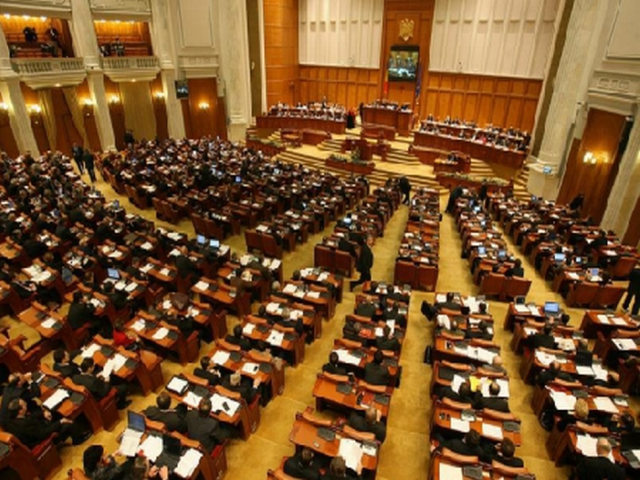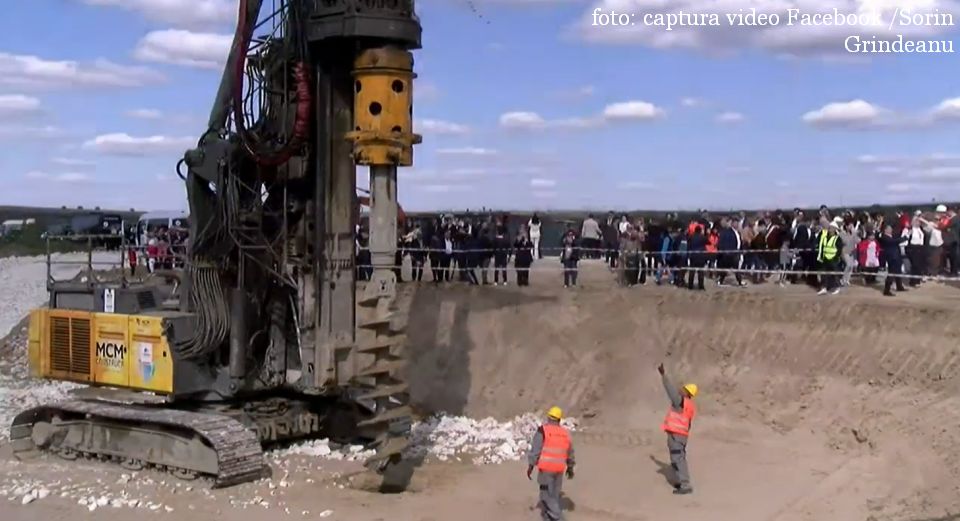Special Pensions
Parliament approved special pensions for its members and the local elected authorities.

Daniela Budu, 22.12.2015, 13:20
Besides members of Parliament, local elected officials will also benefit from special pensions. On Monday, the Senate in Bucharest passed a law by which mayors, deputy mayors and presidents and deputy presidents of county councils who reach the retirement age are entitled, once their terms in office come to an end, to a retirement pension, unless they are elected for a new term. The law passed with 86 yes votes and only one no vote.
Under the new law, the lowest special pension on top of the ordinary pension stands at around 190 euros for one term in office. The biggest special pension is awarded to a person who served as mayor of Bucharest, and stands at some 480 euros for one term in office. If they serve more than one term, local elected officials receive more money, but not after three terms. The only piece of bad news for those who qualify for several types of special pensions is that they have to choose only one of them. The law does not apply to persons who have received final sentences for acts of corruption.
The Liberal Party said they were against this law initiated by the Social Democratic Party, and its MPs left the house before the vote. The Liberals say they oppose the idea of special pensions for local elected officials, arguing in favour of a uniform pension system for all public sector employees, including local officials.
In November, the bill had been tacitly adopted by the Chamber of Deputies and received a positive opinion from the specialist committees. A week ago, Parliament also passed a bill on special pensions for MPs, while ordinary pensions will increase by 5% on January 1st and the increase in the minimum wage depends on a government decision that may or may not come by the end of the year. The labour ministry first has to analyse all proposals, forecasts and data supplied by trade unions and employers associations to make sure the increase of minimum wages does not destabilise certain economic sectors. There is no estimate yet as to how much the new special pensions law will cost the state.
The law will next be sent to president Klaus Iohannis to be signed, but he may ask Parliament to reexamine it. Klaus Iohannis has also asked Parliament to reexamine the law on the pensions of senators and deputies, but Parliament only took into account some of his observations. After last weeks vote in Parliament, the president is now obliged to sign the law providing for special pensions for members of Parliament.
(translation by: Cristina Mateescu)






























